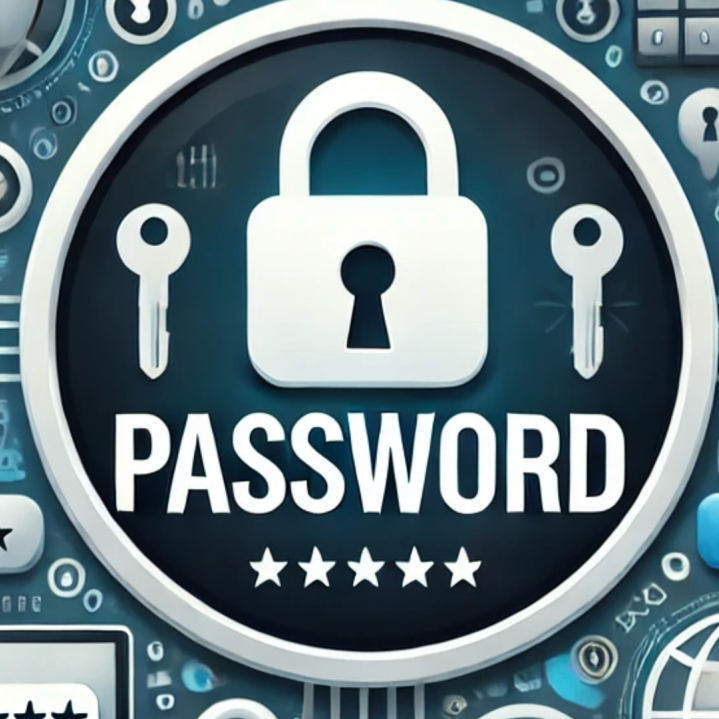
Passwords in the Wild: Why Credential Hygiene Still Matters in 2025
In today’s digital age, protecting your online identity and personal information has become more crucial than ever. Cyber threats are continually evolving, and one of the most effective ways to safeguard yourself against these risks is by practicing excellent password hygiene. Here’s why it matters and what steps you can take to ensure your passwords are strong and secure.
Why Password Hygiene Matters
Every day, cybercriminals attempt to exploit weak passwords to gain unauthorized access to sensitive personal, financial, and professional information. According to Verizon’s 2023 Data Breach Investigations Report, compromised passwords account for 81% of hacking-related breaches. Poor password practices can lead to identity theft, financial losses, and even damage to your reputation. Adopting robust password habits drastically reduces your vulnerability and helps ensure your digital safety.
Essential Password Hygiene Practices
Regularly Change Your Passwords The Cybersecurity & Infrastructure Security Agency (CISA) recommends periodically updating passwords—every three to six months—to reduce the likelihood of breaches due to compromised credentials.
Minimum 15-Character Passwords According to research from Microsoft, passwords with 15 or more characters significantly increase the difficulty for automated tools to crack passwords, making longer passwords exponentially more secure than shorter ones.
Avoid Using Personal Details The Federal Trade Commission (FTC) advises against using easily guessable personal details such as birthdays, anniversaries, pet names, or addresses in passwords, as cybercriminals often harvest these details from social media profiles.
Unique Passwords for Every Login According to a Google study, 52% of users reuse the same password across multiple accounts. This practice significantly increases vulnerability, as one compromised account can expose all others.
Leverage a Password Manager The National Institute of Standards and Technology (NIST) advocates using password managers, as these tools help generate strong, unique passwords and securely store your login information, greatly simplifying password management while enhancing security.
Conclusion
Adopting robust password hygiene isn’t merely a recommendation; it’s essential in our increasingly interconnected world. Regularly updating passwords, using complex and lengthy passwords, avoiding personal details, creating unique passwords for every login, and employing a password manager can significantly enhance your digital security. Protect your digital identity today—make excellent password hygiene a non-negotiable part of your online life.